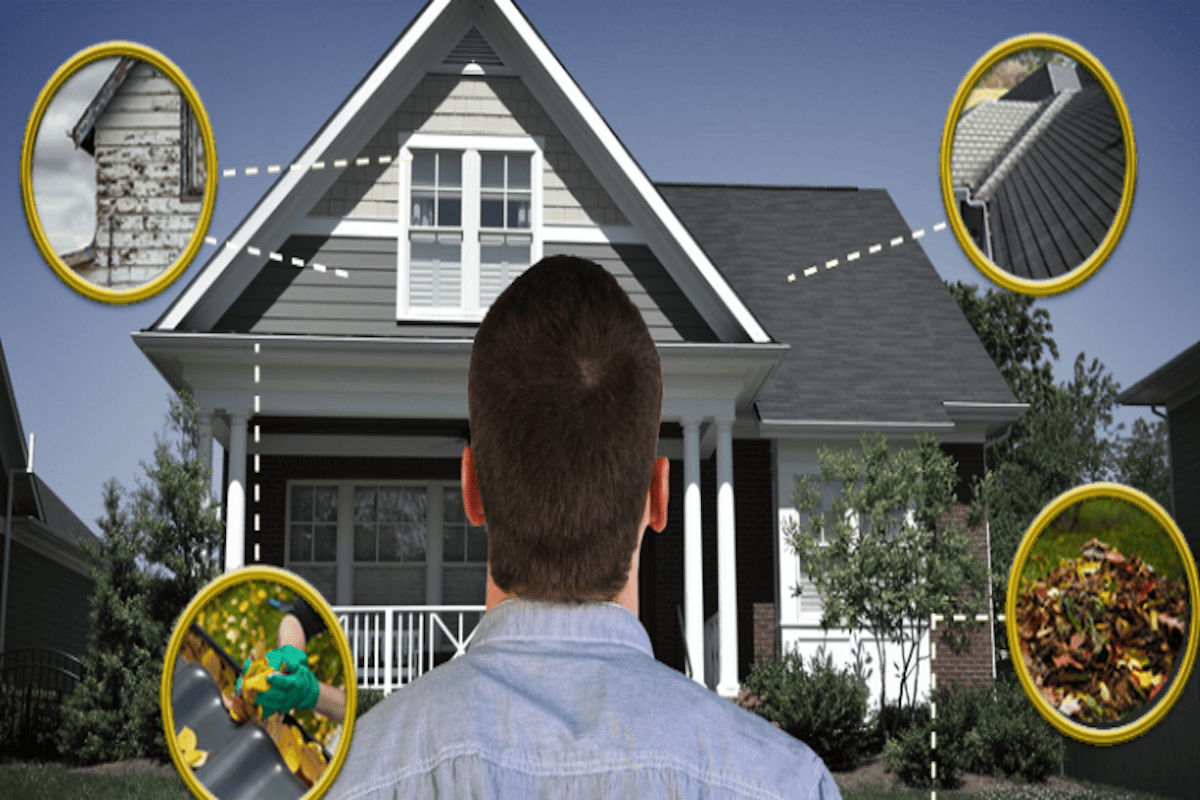When it comes to buying a new property, whether it’s your first home or an investment opportunity, the process can be both exciting and nerve-wracking. One of the essential steps in this journey is viewing the property in person. While online listings and photos can provide a good initial impression, they often don’t reveal the whole story. To ensure that you make an informed decision, it’s crucial to inspect the property thoroughly. Here are some things to look out for when viewing a property:
1. Structural Integrity:
Begin by examining the overall structural integrity of the property. Look for cracks in the walls, ceilings, and foundation. Uneven floors can also be a sign of underlying issues. If you notice any major structural problems, it’s wise to consult with a professional inspector before proceeding.
2. Plumbing and Electrical Systems:
Check the plumbing and electrical systems. Turn on faucets and flush toilets to check for water pressure and drainage issues. Test light switches, outlets, and appliances to ensure they are functioning correctly. Outdated or faulty systems can lead to costly repairs down the line.
3. Roof and Exterior:
Inspect the roof for signs of damage or wear. Look for missing or damaged shingles, as well as any water stains on the ceiling inside. Examine the exterior walls for cracks, rot, or peeling paint. These issues can affect the property’s insulation and overall condition.
4. Windows and Doors:
Open and close all windows and doors to ensure they operate smoothly. Check for drafts, broken seals, or signs of moisture damage around the frames. Well-maintained windows and doors contribute to energy efficiency and security.
5. Ventilation and Insulation:
Proper ventilation and insulation are essential for comfort and energy efficiency. Check for adequate insulation in the attic and walls. Ensure that exhaust fans in the kitchen and bathrooms are working correctly. Inadequate ventilation can lead to mold and moisture problems.
6. Pest Infestations:
Look for signs of pest infestations such as droppings, damaged wood, or visible pests. Termites, rodents, and other pests can cause extensive damage to a property and may require costly pest control measures.
7. Neighborhood and Location:
Don’t forget to evaluate the neighborhood and location. Consider factors like proximity to schools, public transportation, shopping centers, and your workplace. Research crime rates and talk to neighbors if possible to get a sense of the community.
8. Natural Light and Layout:
Pay attention to the amount of natural light that enters the property. A well-lit space can significantly affect your quality of life. Evaluate the layout to ensure it meets your needs and preferences.
9. Maintenance and Renovations:
Ask the seller about any recent maintenance or renovations. It’s important to know what has been done and whether any warranties or guarantees are in place. Renovations can add value to the property but should be properly documented.
10. Future Development and Zoning:
Research local zoning regulations and future development plans in the area. Changes in the neighborhood can impact property values and your living experience.
 In conclusion:
In conclusion:
Viewing a property is a critical step in the home-buying process. Taking the time to thoroughly inspect the property can help you avoid potential headaches and unexpected expenses in the future. If you’re unsure about any aspect of the property, don’t hesitate to seek professional advice from inspectors, real estate agents, or contractors. By being diligent during the viewing process, you’ll be better equipped to make an informed decision and find a property that truly suits your needs and lifestyle. Remember, purchasing a property is a significant investment, so it’s worth being thorough and cautious in your evaluation. Happy house hunting!



